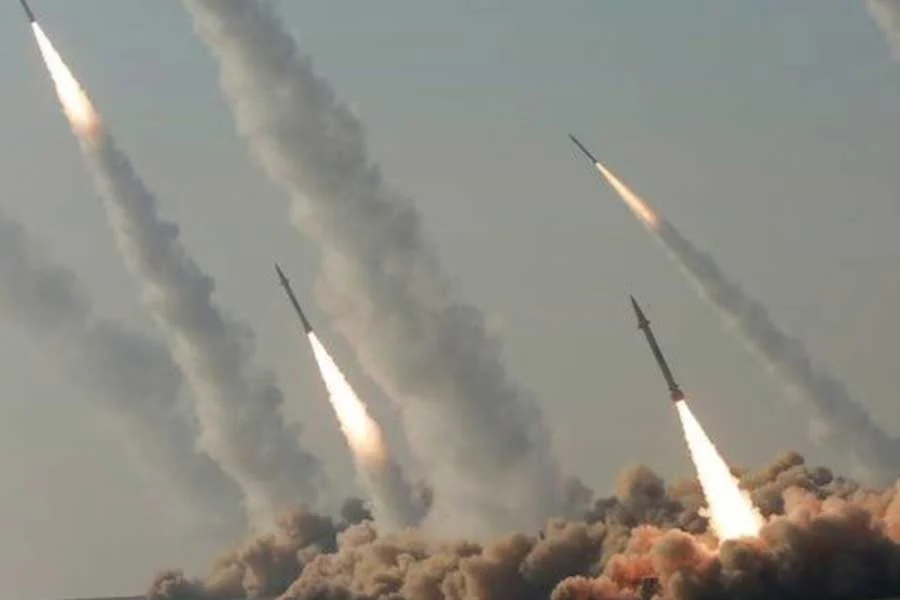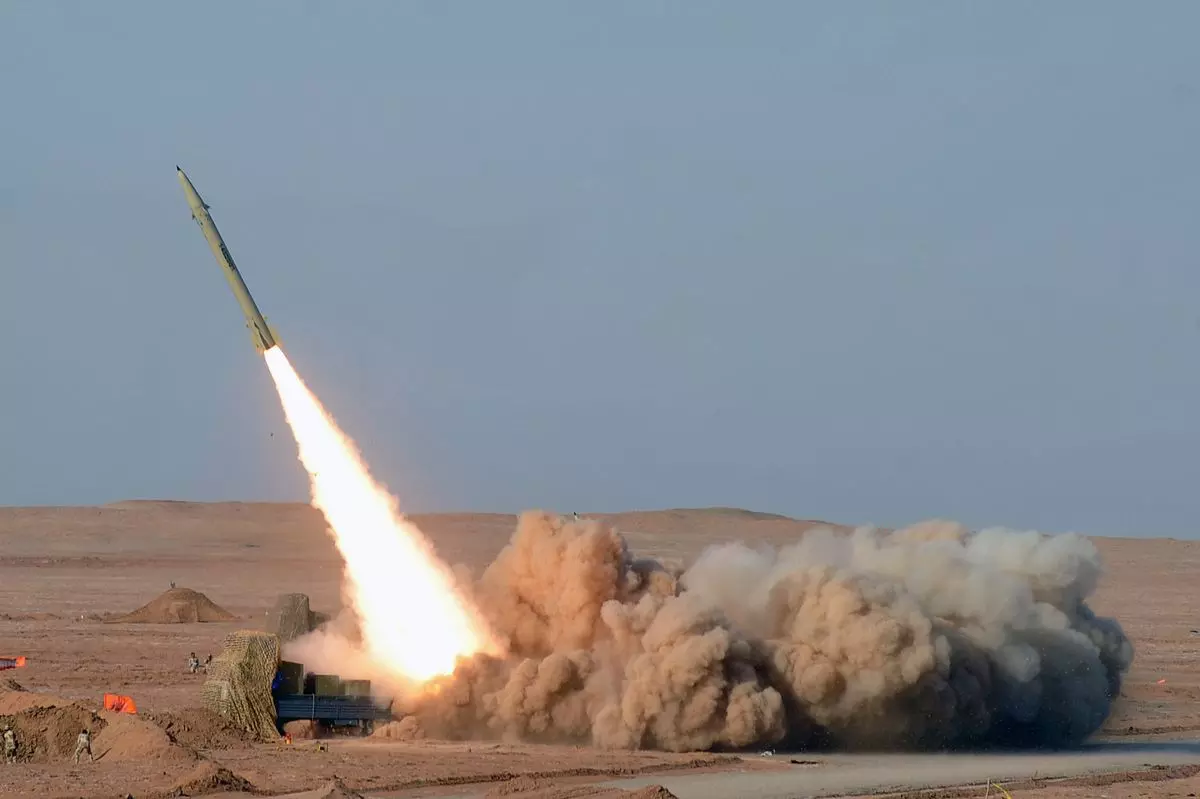Introduction:
In a recent turn of events, geopolitical tensions have taken center stage as Pak’s Retaliatory Strikes In Iran, escalating an already delicate situation. This retaliatory action comes on the heels of an attack by Iran on the Jaish al-Adl group’s headquarters in Pakistan. The tit-for-tat strikes have intensified concerns about regional stability and security. This article delves into the intricacies of the escalating tensions. The consequences of the recent strikes. And the broader implications for the region.
The Unfolding Situation:
The roots of this current crisis can be traced back to Iran’s attack on what it deemed as “terrorist targets” in Pakistan. This move, conducted late Tuesday, reportedly resulted in the tragic death of two children on Pakistani soil. Islamabad strongly condemned Iran’s actions, labeling them a violation of Pakistan’s airspace and sovereignty.
Reacting to the attack, Pakistan issued a stern warning to Iran, emphasizing that such breaches could lead to “serious consequences.” The Ministry of Foreign Affairs in Pakistan declared the violation as “unprovoked and blatant” and expressed its determination to respond to what it termed an “illegal act.” This marked a significant escalation in the already tense relations between the two neighboring countries.
Retaliatory Strikes:
In a swift response, Pak’s Retaliatory Strikes In Iran the posts of two Baloch separatist groups within Iran’s territory. The targeted groups included the Balochistan Liberation Front and the Balochistan Liberation Army. Both operating near the city of Saravan in Iran’s Sistan and Baluchestan province. A senior intelligence source confirmed the strikes, underlining that the targeted groups were perceived as a threat to Pakistan’s security.
The retaliatory action was framed as a necessary response to protect Pakistan’s sovereignty. However, the international community is closely watching, wary of the potential repercussions and the impact on regional stability.

Pakistan’s Stance and Consequences:
Pakistan’s Ministry of Foreign Affairs. In a strongly worded statement. Asserted its right to respond to the perceived violation by Iran. The responsibility for the consequences of this escalation, Pakistan declared, would squarely lie with Iran. The diplomatic fallout was swift, with Pakistan recalling its ambassador from Iran and suspending all high-level visits between the two nations.
The situation remains fluid. With both nations engaged in a war of words. Each justifying its actions as a response to the other’s transgressions. The international community. Including major players like China. Has called for restraint and de-escalation. Recognizing the potential dangers of a further deterioration in relations.
International Response and Concerns:
China, a key player in the region, has urged both Iran and Pakistan to exercise restraint and avoid actions that could exacerbate tensions. The Chinese Foreign Ministry spokesperson emphasized the need for both nations to maintain peace and stability in the region. The delicate balance in the Middle East, already strained by various conflicts, faces a new challenge with the Iran-Pakistan escalation.
India, while distancing itself from the ongoing tensions between Iran and Pakistan, reiterated its zero-tolerance approach towards terrorism. The Ministry of External Affairs emphasized the importance of nations acting in self-defense, aligning itself with the broader global stance against terrorism.
Implications for Regional Stability:
The recent events have heightened concerns about regional stability, especially given the long-standing history of tensions and occasional hostilities between Iran and Pakistan. The shared border, spanning approximately 900 kilometers, has been a perennial source of security concerns for both nations.
The strikes near the village of Sabz Koh, close to the Iranian border, have intensified these worries. The potential for cross-border attacks and the involvement of militant groups add complexity to an already delicate situation. The need for effective communication channels and diplomatic resolution becomes paramount to prevent further escalation.
Conclusion:
As tensions persist and the war of words continues, the Iran-Pakistan conflict adds another layer of complexity to the geopolitical landscape in the Middle East. The consequences of these retaliatory strikes extend beyond the immediate region, impacting global perceptions of stability and security.
The international community watches closely, urging restraint and diplomatic dialogue to defuse the situation. The coming days will reveal the trajectory of this conflict and whether the involved nations can find common ground to navigate the precarious path towards peace. The repercussions of this episode serve as a stark reminder of the fragility of geopolitical relations and the far-reaching consequences of regional conflicts.
